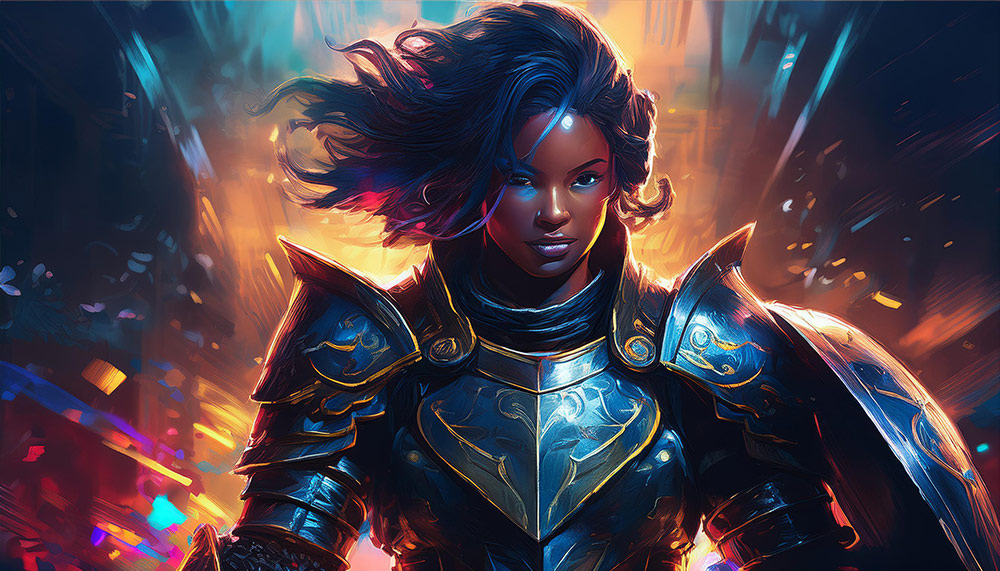Imagine a leader as a peacekeeper in a friendly village who steps in when disagreements arise and helps everyone find common ground. Effective conflict resolution is an essential skill in college, where diverse opinions and personalities often clash. Like a superhero who brings harmony to the group, a leader who can resolve conflicts ensures that the team stays united and focused on their goals. Let’s explore why conflict resolution is vital to leadership and how you can develop this superpower.
The Role of a Leader as a Peacekeeper
Just as a peacekeeper maintains harmony in a village, a leader’s role is to ensure that conflicts within their team are addressed constructively. Conflicts are inevitable when working with others, but how they’re managed makes all the difference. A leader who steps in with a calm, impartial approach can prevent minor disagreements from escalating into more significant problems. This ability to mediate and guide the group toward a resolution keeps the team cohesive and productive.
Finding Common Ground
One key aspect of conflict resolution is helping people find common ground. When disagreements arise, it’s easy for individuals to become entrenched in their positions. A leader acts like a bridge, connecting these differing viewpoints and facilitating a dialogue highlighting shared goals and values. Leaders can guide their team toward a solution that satisfies everyone involved by focusing on what unites the group rather than what divides it.
Problem-Solving Through Collaboration
Effective conflict resolution is about more than just ending an argument—solving the underlying problem. Leaders who excel in this area encourage collaboration and open communication. They create a safe space where everyone feels heard and valued, allowing the team to work together to find the best solution. This collaborative approach resolves the conflict and strengthens the team’s ability to handle future challenges.
The Superpower of Bringing Harmony
Leaders who can resolve conflicts possess a unique superpower: the ability to bring harmony to their group. This doesn’t mean avoiding disagreements altogether but addressing them to foster understanding and growth. Like a superhero who swoops in to restore peace, a leader who resolves conflicts helps the team move forward with renewed focus and unity. This harmonious environment is essential for maintaining morale and ensuring everyone can work together effectively.
Building Conflict Resolution Skills
Developing conflict-resolution skills is a crucial part of becoming an effective leader. It involves active listening, empathy, and remaining calm under pressure. By practicing these skills, you’ll be better equipped to handle disagreements and guide your team toward positive outcomes. Remember, being a leader isn’t about having all the answers—it’s about helping others find them together.
Conclusion
Conflict resolution is a vital leadership skill that allows you to bring harmony to your team, just like a peacekeeping superhero in a friendly village. Finding common ground, promoting collaboration, and fostering a positive environment can ensure your team stays united and focused on their goals.
---
As you take on leadership roles in college, remember the importance of being a peacekeeper. You can confidently navigate disagreements and help your team overcome challenges by developing your conflict resolution skills. So, embrace your inner superhero and lead with the power to bring harmony and understanding to every situation.

